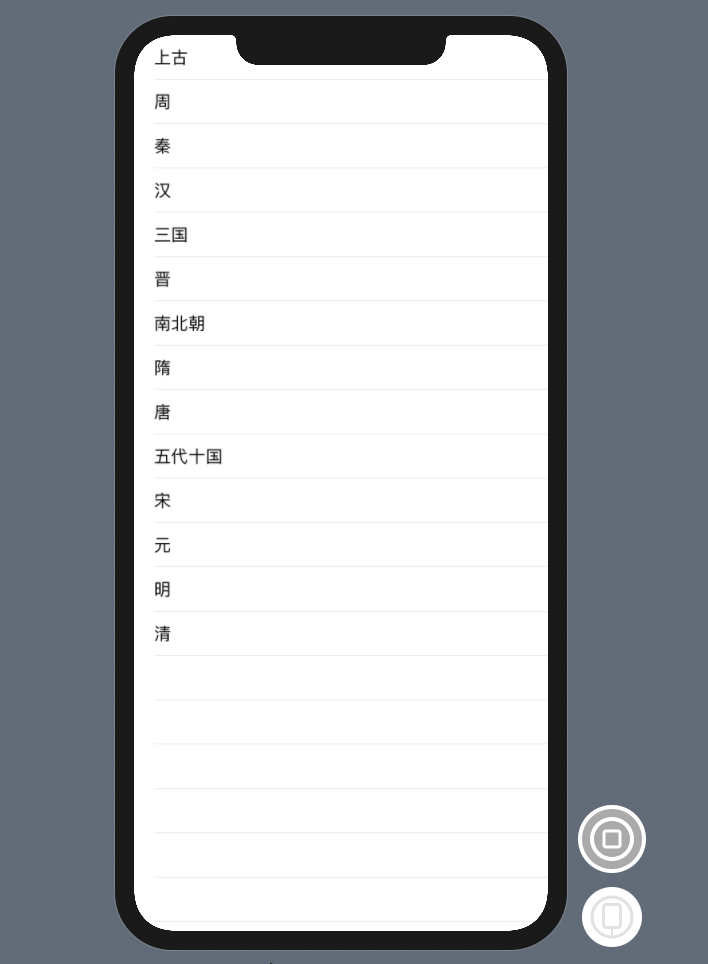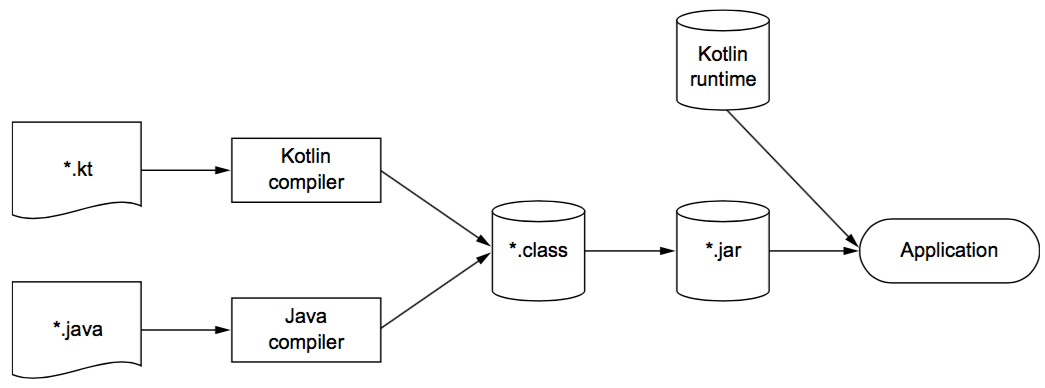
Outdated information: As mentioned previously, ChatGPT doesn’t know about anything that has happened post-2021.These may need to be installed before you can run the code, so ask ChatGPT if the code relies on any dependencies. In programming, a library refers to a collection of code that you can import into your project. Missing dependencies: ChatGPT may generate code where it calls or references an external library or module.With enough context, the chatbot will likely understand what it did wrong the first time around and offer a revised version that actually works. Simply copy the error and ask for advice on how to fix it in a follow-up prompt. Syntax errors: If the code doesn’t work or compile at all, ChatGPT has most likely made a glaring mistake.Here are a few reasons why this might happen and how you can fix them:

In fact, it can even make major mistakes that prevent the code from running at all. Is there another way to do this for instance with kotlin methods such as mapping or flatmapping or something else?Įdit: This is the best way I've come up with to do it.As we saw in the above examples, ChatGPT doesn’t always generate ready-to-use results. I could go through each one in the longer list with a forEach, then add the one with the highest gamesPlayed to a third list, then set each of these lists to that third list, but that doesn't feel best practice/idiomatic/efficient etc. The default state of each one is also that it hasn't been removed so if it has been removed that has been done intentionally and is thus canonical. What I want is the most up to date list to be the canonical list, so whichever item has the highest number of games would be the most up to date and thus the canonical one. HumanValue(id = "abcdefg", gamesPlayed=0, gamesWon=0, removed=false) HumanValue(id = "abcdef", gamesPlayed=12, gamesWon=12, removed=false), HumanValue(id = "abcde", gamesPlayed=6, gamesWon=3, removed=true), HumanValue(id = "abc", gamesPlayed=12, gamesWon=7, removed=false), HumanValue(id = "abcdef", gamesPlayed=12, gamesWon=12, removed=false)

HumanValue(id = "abcde", gamesPlayed=6, gamesWon=3, removed=false), HumanValue(id = "abcd", gamesPlayed=1, gamesWon=0, removed=false),

HumanValue(id = "abc", gamesPlayed=7, gamesWon=4, removed=false),

I have two lists that look roughly like this: val localList = listOf(


 0 kommentar(er)
0 kommentar(er)
